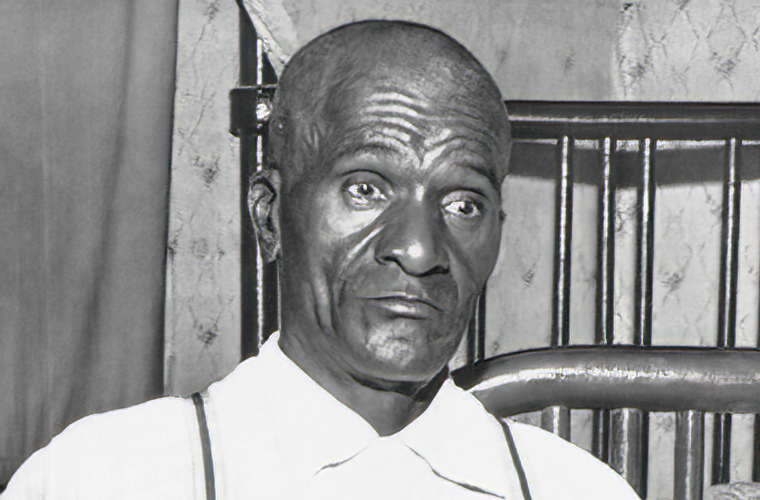Moses Wright, the great-uncle of Emmett Till, played a significant role in the tragic events that led to the brutal murder of his nephew in 1955. As a key witness in the trial that followed Till’s death, Wright’s courageous testimony brought national attention to the brutal realities of racism and injustice in the American South.
Born in Mississippi in 1885, Moses Wright grew up in a deeply segregated and racially oppressive society. Despite the pervasive discrimination and violence faced by African Americans in the Jim Crow era, Wright was determined to provide a better life for himself and his family. In pursuit of this goal, he eventually migrated north to Chicago, seeking greater opportunities and a safer environment for his loved ones.
However, in the summer of 1955, Wright made a fateful decision to return to Mississippi with his great nephew, Emmett Till, for a visit to their family’s hometown. Little did he know that this trip would forever change the course of history and ignite a national movement for civil rights.









On August 24, 1955, Emmett Till was brutally murdered by a group of white men after allegedly whistling at a white woman in a local grocery store. In the aftermath of this heinous crime, Moses Wright made the courageous decision to testify against the accused perpetrators in a segregated courtroom. Despite facing intense intimidation and threats to his own life, Wright fearlessly identified the men responsible for abducting and murdering his nephew.
Wright’s testimony was a pivotal moment in the civil rights movement, as it brought widespread attention to the deep-seated racism and violence endured by African Americans in the South. His unwavering commitment to seeking justice for Emmett Till inspired countless individuals to join the fight for racial equality and an end to systemic oppression. Following the trial, Moses Wright continued to advocate for civil rights and equality, becoming a symbol of resilience and determination in the face of adversity. His bravery and steadfastness in seeking justice for his nephew left an indelible mark on the struggle for civil rights in America.
In recognition of his profound impact on the civil rights movement, Moses Wright’s legacy lives on as a testament to the power of courage and conviction in the pursuit of justice. His unwavering commitment to truth and righteousness serves as an enduring reminder of the ongoing struggle for equality and human dignity.
Moses Wright’s remarkable story stands as a testament to the resilience of the human spirit and the enduring quest for justice in the face of oppression. His legacy will forever be intertwined with the fight for civil rights and the ongoing pursuit of equality for all.

